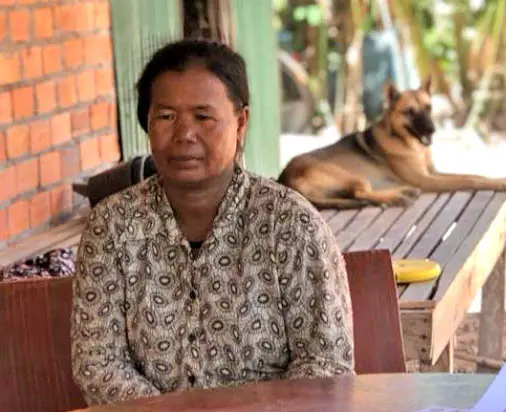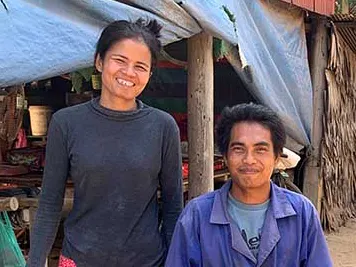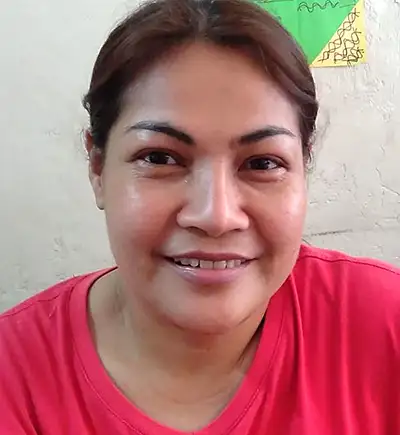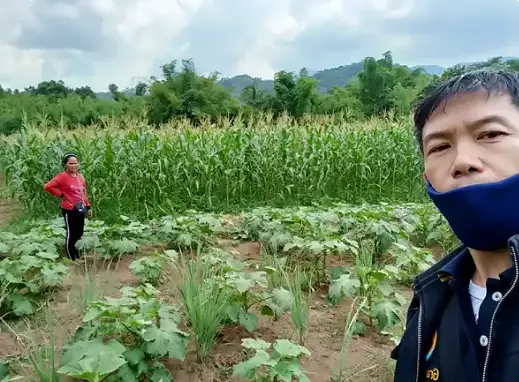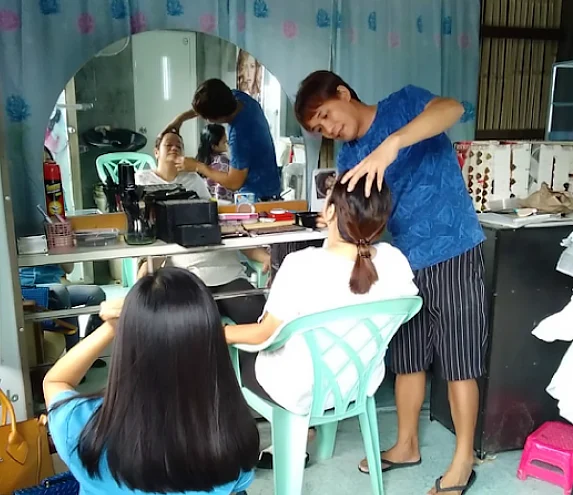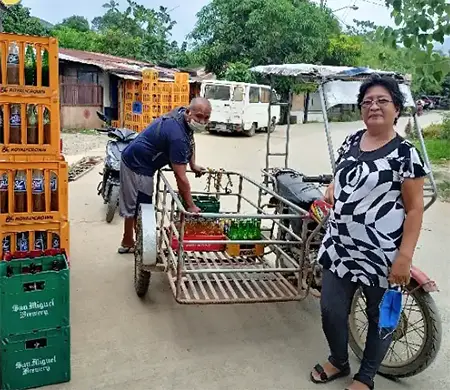Turning sunshine into clean water in Cambodia
In partnership with solar panel producer Nexsis Australia and with funding from the Rotary Club of Gawler Light, Dana Asia is bringing clean water solutions and entrepreneurial training to a rural high school in Siem Reap.
Cambodia’s rural communities face limited access to clean water supplies and existing drinking water sources often contain dangerous levels of arsenic and e-coli. Recurring droughts and floods also contribute to unstable and unreliable water supplies, with climate change steadily worsening the situation. Approximately 80% of Cambodia’s 16.25 million (source: World Bank, 2018) population lives in rural areas, up to 30% of which have no access to power grids. Rural communities in Siem Reap province rely on bore holes and wells for their water supply, with several households sometimes relying on one joint source. Many families run out of water during the hottest summer months and purchasing clean water puts further strain on already stretched household finances, not to mention contributes to the huge plastic waste problem Cambodia faces.
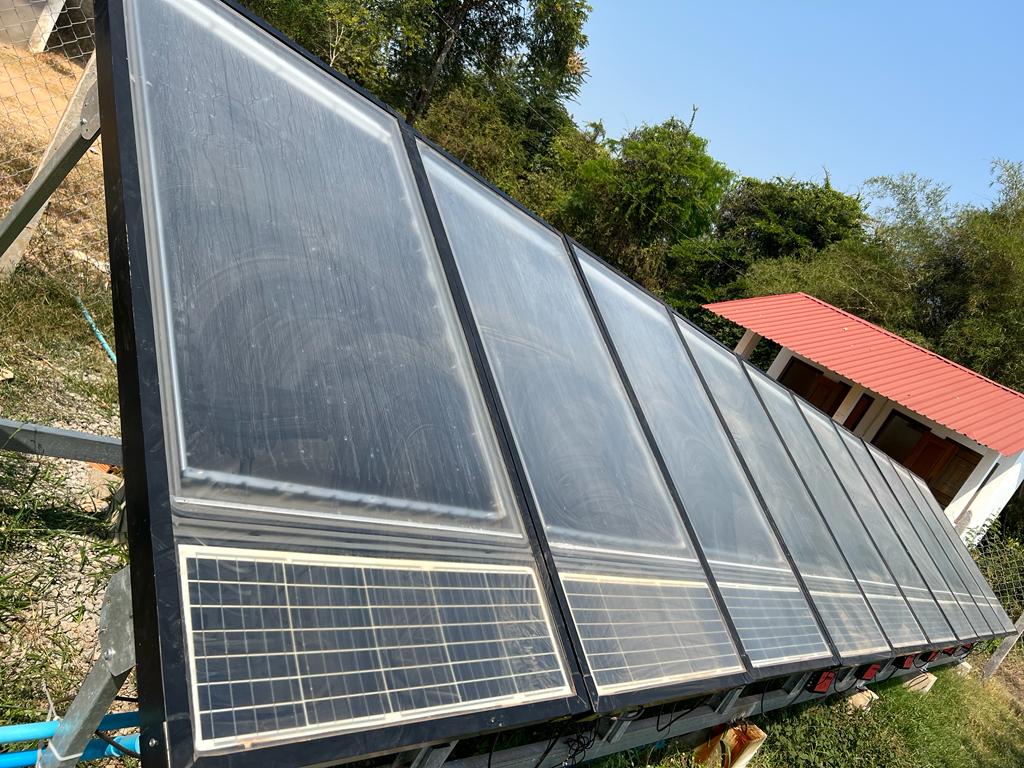
With abundant sun all year round, Cambodia is a perfect fit for solar energy solutions. Solving issues of water shortage through solar energy is an emerging concept in many developing countries and has exciting potential for the next generation in terms of training and employment opportunities. Dana Asia has already been exploring the potential of solar power to produce clean drinking water, hot water and electricity across its poultry social business projects, where panels are set up in outgrower sheds.
In an exciting new venture, Dana Asia partnered with a rural high school in Siem Reap to first set up solar panels to produce clean water for the students and teachers. Next, the students and teachers took part in an entrepreneurship training program which culminated in the drafting of a business plan for a microbusiness to sell surplus water to generate a small income for the school.
This project gives rural students an opportunity to learn about renewable energy, entrepreneurial skills, and practical skills in setting up and operating their own micro-business, while producing clean drinking water for the school students and surrounding community. The project also advocates for the environment by encouraging alternatives to using plastic bottles.
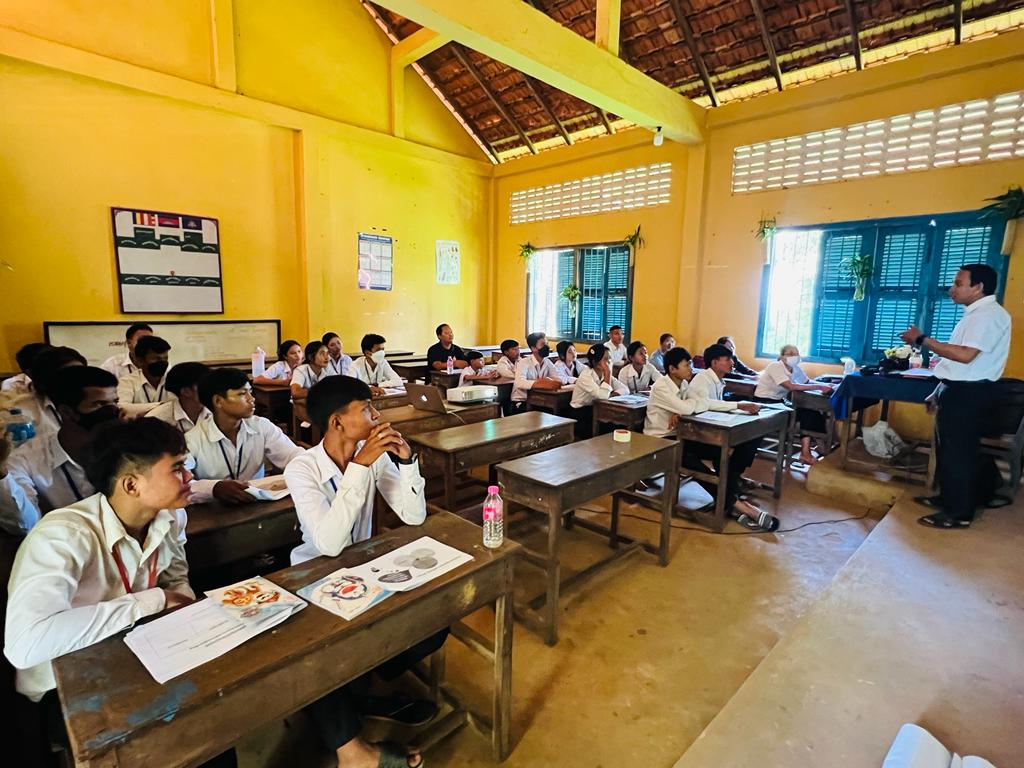
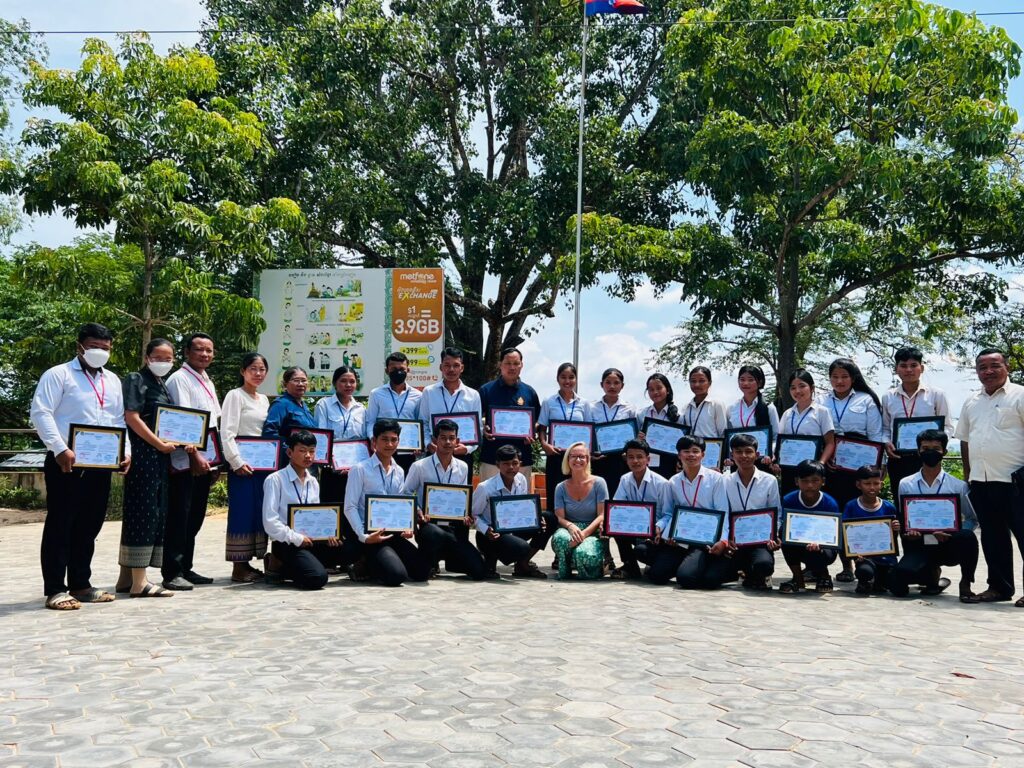
Interested in this project? Your social investment could enable us to replicate this in a new school and give more students the opportunity to benefit from entrepreneurship and clean water. Visit our project page for more information.

